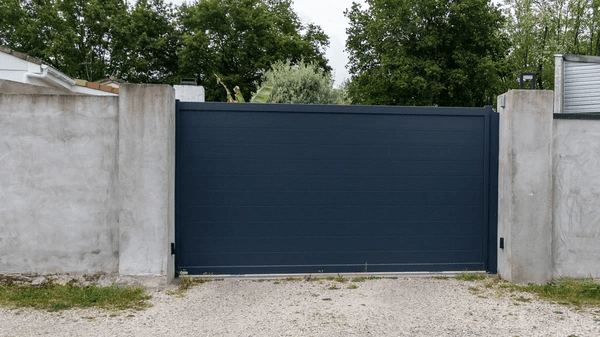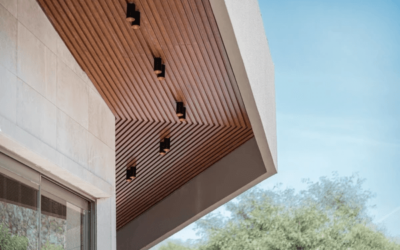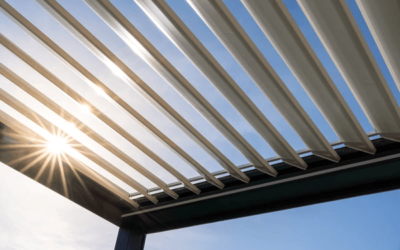The Importance of Material Selection in Door Manufacturing
Selecting the right material is crucial in the door manufacturing process, directly influencing the final product’s quality, safety, and aesthetic appeal. A careful decision is essential to ensure the material aligns with both functional and visual requirements for each specific application.
Impact on Performance and Durability
The choice of material significantly affects the door’s performance, particularly its durability and ability to withstand various weather conditions. For example, some materials offer superior resistance to rust, moisture, and temperature fluctuations, making them ideal for external use.
Balancing Aesthetics with Functionality
In addition to practical factors, aesthetic considerations are also essential. Some materials allow for greater flexibility in design and color choices, making them more suitable for contemporary or classic styles, depending on the needs of the project.
Economic and Environmental Considerations
Cost plays a significant role in material selection, as manufacturers seek options that balance quality with affordability. Furthermore, the environmental impact of the material should be considered, from production to recyclability, to promote sustainable practices in the door industry.
Advantages of Aluminum in Door Manufacturing
Aluminum is a popular choice in door manufacturing due to several advantageous qualities, including its light weight, strength, and low maintenance requirements.
Lightweight and Strong
Aluminum is renowned for its lightweight nature, making aluminum doors easy to handle and install. Despite its lightness, aluminum is strong and highly durable, allowing doors made from this material to withstand heavy use and varying weather conditions.
Low Maintenance and Durability
One of the standout features of aluminum is its low-maintenance qualities. It does not rust or corrode easily, making it an ideal material for humid or coastal environments. Moreover, aluminum doors can be easily cleaned with just water and soap, eliminating the need for specialized cleaning products.
Versatility in Design and Color
Aluminum offers high customization potential due to its ability to be coated in a wide range of colors and molded to fit various architectural styles. Whether you’re looking for a modern or classic design, aluminum doors can meet your specific aesthetic requirements. This flexibility makes it easy to match doors with windows and the overall décor of your home or building.
Advantages of Steel in Door Manufacturing
Steel is a foundational material used in door manufacturing, offering several advantages that make it a preferred option for many applications.
Durability and Strength
Steel is best known for its robustness and resilience. Steel doors are highly resistant to impact and external threats, making them an excellent choice for areas requiring high levels of security. Additionally, they can withstand extreme weather conditions such as intense heat or high humidity without significant damage.
Long Lifespan
Steel doors are known for their long lifespan, as they resist rust and wear thanks to advanced treatments and coatings. Investing in a steel door can provide peace of mind knowing that it will last for many years without frequent replacements or maintenance.
Design and Aesthetic Appeal
While strength and durability are paramount in steel doors, they also offer various design possibilities. Steel can be molded into intricate patterns and attractive shapes, adding a unique and elegant touch to building facades. Whether opting for classic engravings or contemporary geometric shapes, steel doors cater to diverse design preferences.
Cost Comparison: Aluminum vs. Steel
When deciding between aluminum and steel for door manufacturing, it’s essential to understand the cost dynamics involved. Both materials are known for their longevity and durability, but they present different economic perspectives.
Initial Material Costs
Aluminum is typically more expensive than steel in terms of raw material costs. This price difference is partly due to the more complex and costly extraction and manufacturing processes for aluminum. However, the cost of either metal can fluctuate based on global market conditions.
Installation and Maintenance Costs
Apart from the raw material cost, installation and maintenance expenses should also be factored in. Aluminum, being lightweight, is easier to handle and install, which may reduce installation costs. Additionally, aluminum doors require minimal maintenance as they don’t rust, which can help keep long-term costs down. In contrast, steel doors may need regular painting and treatment to prevent corrosion, leading to higher maintenance costs.
Lifespan and Total Costs
It’s also important to consider the lifespan of both materials when calculating total costs. Although aluminum may have a higher upfront cost, its long-term durability and low maintenance expenses may make it a more cost-effective option over time. On the other hand, while steel doors might be cheaper initially, their higher maintenance needs can result in greater total costs over the life of the door.
Conclusion: Which is Best for Your Doors?
Choosing between aluminum and steel for door manufacturing depends on various factors, including durability, cost, maintenance, and aesthetic preferences.
Durability and Security
Steel is the ideal choice for doors that prioritize strength and security, such as entry doors or gates that require maximum protection. Its ability to withstand impact and harsh weather conditions makes it suitable for high-security applications. Aluminum, while not as strong as steel, is an excellent option for areas where resistance to rust and moisture is important, such as side doors or garden gates.
Cost and Maintenance
Aluminum is generally a more affordable option in terms of initial costs and ongoing maintenance. It’s also easier to clean and maintain over time. In contrast, steel might incur higher long-term expenses due to its susceptibility to rust and the need for periodic maintenance.
Aesthetic Appeal
Both aluminum and steel offer versatile design possibilities, but the choice between the two will depend on the desired aesthetic. Aluminum is often favored for contemporary, sleek designs, while steel is preferred for a more classic or traditional look, especially when strength and elegance are prioritized.
By carefully considering these factors, you can make an informed decision on whether aluminum or steel is the best material for your door needs.



